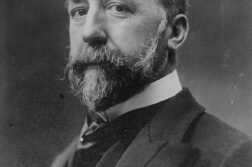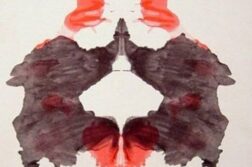JEAN COCTEAU proclaimed friendship to be his only politics. “I would rather be celebrated for constancy of the heart than for any doctrine of the mind,” he remarked in his essay “On Friendship.” Cocteau considered friendship to be an art and equated it with the “fellow feeling” of Walt Whitman. “It continually corrects itself, sets itself aright, and avoids the wars of love. Friendship maintains its balance so that we can maintain ours in it.”
For gay men of a certain generation, the word “fellow” encompasses the true meaning and spirit of friendship as understood by Whitman and Cocteau. For six-plus decades I have nurtured masculine fellow feeling alongside and in the guise of fairy-tale romances, impossible hetero crushes, boyfriends, lovers, and fuck-buddies. But through them all, certain life-changing, evanescent friendships formed during the glory days of the 1960’s and its anti-war tumult still glimmer. One of those is my friendship with the extraordinary Laud Humphreys (1930–1988), about whom a scholarly biography has recently been published under the title Laud Humphreys: Prophet of Homosexuality and Sociology (University of Wisconsin Press), by John Galliher, Wayne Brekhus, and David Keys [reviewed in the “Books” section of this issue].
A labor of genuine affection and generous appreciation, the book necessarily focuses on the sociological and psychological accomplishments of the pioneering Humphreys, an Episcopalian minister who retooled himself into an innovative social researcher, Christian iconoclast, war-resisting activist, and tireless gay rights campaigner. The intent of this paper is to augment and expand their important work by going into hitherto undisclosed personal terrain. Certain details that might otherwise have been included in this biography, had Laud himself or his wife Nancy been available to fill in the gaps, were not accessible to the authors.
Seventeen years have elapsed since carcinogenic tobacco smoke brought about the last gasp of Laud Humphreys, and it’s been 35 years since his groundbreaking socio-psychological study The Tearoom Trade: Impersonal Sex in Public Places (1970) was published.






